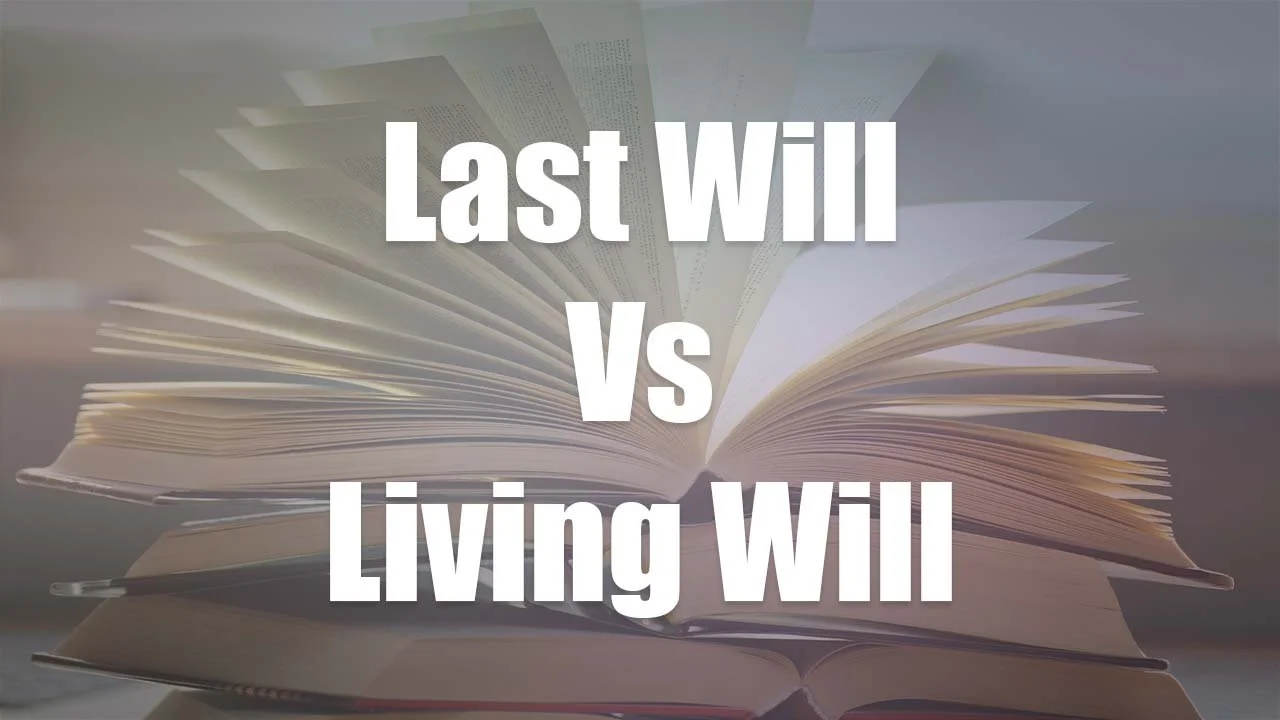Last Will vs. Living Will: What’s the Difference and do You Need Both?
Perhaps the most fundamental document in the estate planning world is the Last Will and Testament. Today, the most common types of wills we hear brought up are the Last Will and the Living Will. Although they may sound the same, they do perform different functions. Last Wills concern one's heirs and their inheritances. Living Wills concern one's medical wishes and desires.
Homestead Exemption Explained and New Rules for 2022 in California
Generally, our office has found that while people do know there are some protections of your assets should you find yourself in bankruptcy or creditor trouble in general, many are unsure as to their options and exactly what is or can be protected. One of the most important protections is the homestead exemption, which has been updated for 2022.
New Estate and Gift Tax Rules for 2022 and Beyond
The Estate and Gift Tax exemption levels have increased for 2022, the first increase in the annual gift tax exemption since 2018. However, these increases may not last forever and will have an impact on how one does their estate planning and qualifies for long-term care.
Police Officers, Qualified Immunity & Asset Protection Estate Planning Under CA SB2
On September 30, 2021, California Senate Bill 2 became law with the goal of ensuring peace officers are held accountable for engaging in misconduct, by both creating a decertification process and limiting some qualified immunities protecting peace officers from civil liability. With the limits on qualified immunity going into effect January 1, 2022, the question of asset protection through estate planning has again arisen in our office.
Top 5 Estate Planning Documents You NEED Right Now
There are some Estate Planning documents that are so important in what they do and so foundational to planning one's estate, that we always recommend our clients at least have these documents in order to have, what we consider, a "complete estate plan
What Probate Means and How It Works | An Overview
Probate and probate court procedures are large topics that can be difficult to grasp. Essentially, it is the process of transferring one's estate on to the next generation. However, there is a lot one should know going into the process.
The REAL Cost of Probate!
Probate can be an arduous process for a family to go through aside from the monetary cost of it all. Unfortunately, the real cost of probate can be a shock to those not already familiar with the various fees involved on top of what the probate code requires to be paid. Here we break down the real cost of probate in California.
Do I have to Provide a Copy of my Trust and Will to Beneficiaries While I'm Still Alive?
Generally, there is no requirement to turn over your Trust or Will during your lifetime. Both documents are intended to be private. However, your Will does need to be logged with the probate court upon your passing and heirs and beneficiaries are entitled to a copy of your Trust and Will when you pass away.
Joint Tenants or Tenants in Common | What if the Deed Doesn't Specify?
Both joint tenancy and tenants in common are ways to hold property between two or more people. However, only joint tenancy carries an automatic right of survivorship. On the death of one co-owner, their interest terminates and the property is then held outright by the surviving co-owner. But what happens when a deed is silent on how the property is to be held?
Notice Requirements to Beneficiaries by a Trustee
"The California Probate Code requires trustees to provide notice to heirs and beneficiaries in a few circumstances - when a trust becomes irrevocable and when there has been a change of trustee. Additionally, trustees are on a time limit to provide said notice."









